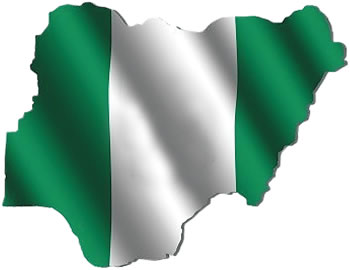THE colossal figures that describe the loss of flora and fauna in Nigeria over the last two decades are so saddening. It simply points to the fact that the word “biodiversity” is just a well-known vocabulary or a terminology that only exists in books.
The International Day for Biological Diversity 2017 with the there “Biodiversity and Sustainable Tourism” has been chosen to coincide with the observance of 2017 as the International Year of Sustainable Tourism for Development as proclaimed by the United Nations General Assembly.
This decision stems from the strong connection between biodiversity and tourism. The dependence of one on the other has helped both to thrive under varying anthropogenic factors.
However, while using sustainable tourism as a fulcrum to raise awareness for biodiversity, it is also expedient to know that sustenance of biodiversity would require that all hands be on deck as several other competitive land uses have, over the years, succeeded in dwindling the world’s natural reserves.
By scholastic evaluation, the rain forests of West Africa have been earmarked as one of the world’s hotspots of biodiversity according to a research carried out in 2000.
If it is so, Nigeria by virtue of its status, should shoulder the weight of this responsibility. But on the contrary, according to World Conservation Monitoring Center, “Nigeria is home to at least 4715 species of vascular plant of which 4.3 percent are endemic; about 1417 known species of amphibians, birds, mammals and reptiles”.
Sadly, the total forest cover in the country is fast declining with just about 7.7 per cent remaining in 2015 having lost nearly 80 per cent of its old-growth forests between 1990 and 2005, giving the dubious distinction of having the highest deforestation rate on the planet.
These statistics affirm a single thing – mismanagement borne out of over-dependence on natural resources, namely forest and water resources.
From social indices of which poverty is topmost, local communities living around forest and water resources over-depend on these resources as a source of protein, fuel, food, herbs and protection, thus depleting its biodiversity, these they achieve through horrendous acts of poaching and deforestation.
Ogunjobi Felix
Port Harcourt,
Rivers State.






